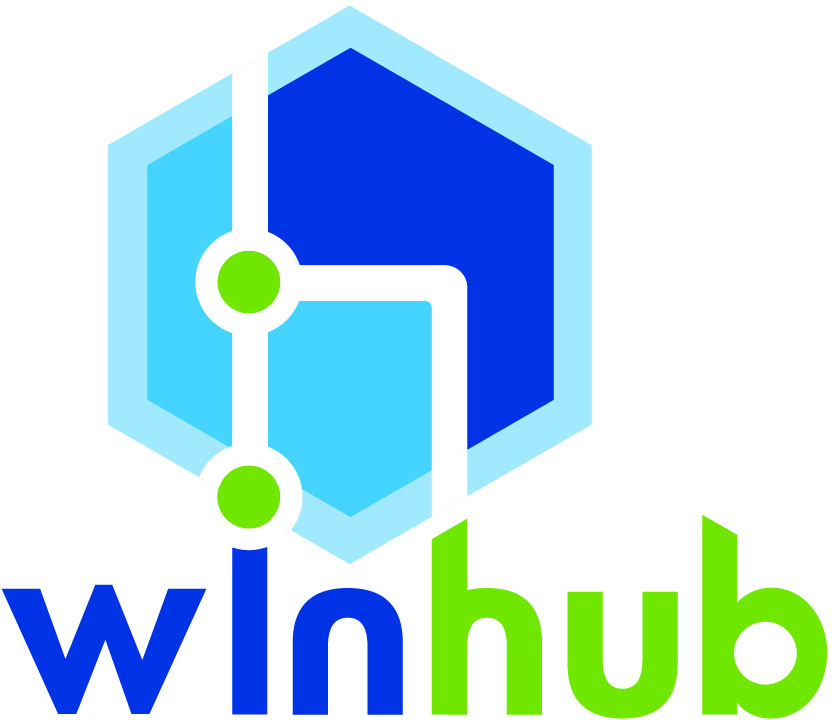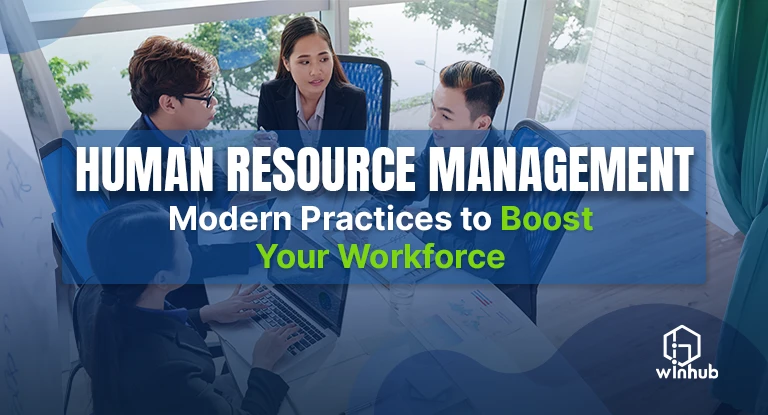When handling complicated tasks such as employee engagement, talent acquisition and workplace dynamics, every organization must adopt a strategic approach. As businesses evolve and adapt to the changing scenarios of the professional arena, understanding the nuances of human resource management becomes highly essential.
What is Human Resource Management?
Human resource management (HRM) involves the coordination, organization, and administration of an organization’s existing workforce with the aim of advancing the organization’s mission, vision and objectives. HRM is responsible for overseeing key functions such as recruitment, hiring, training, compensation, retention and employee motivation.
The HRM team is essential in formulating and implementing policies and procedures designed to safeguard employee well-being. With Human resource management, companies can comply with federal and state laws, particularly in protecting the confidentiality of employee information and promoting both physical and mental well-being. Organizations, irrespective of their size and industry, rely on HRM to maintain operational smoothness and efficiency.
Fundamentals of Human Resource Management
One of the cornerstones of HRM is its strategic orientation. In today’s competitive business environment, organizations recognize that their people are not just resources but invaluable assets that can drive innovation, productivity and sustainable growth. Strategic human resource management involves aligning HR practices and policies with the overall strategic objectives of the organization.
1. Talent Acquisition and Recruitment Strategies
Central to the HRM domain is the acquisition of talent. Recruiting individuals with the right skills, competencies and cultural fit is a strategic imperative. Organizations employ various recruitment strategies, from traditional methods like job postings and interviews to modern approaches such as leveraging social media and professional networks. A meticulous recruitment process ensures that the organization is equipped with the right individuals to navigate the challenges of the business landscape.
2. Employee Onboarding and Development
Once talent is acquired, the journey continues with the onboarding and development phase. Effective onboarding sets the tone for an employee’s experience within the organization. It involves introducing them to the organizational culture, policies, and their specific roles and responsibilities. Beyond onboarding, continuous learning and development initiatives are crucial for enhancing employee skills, adapting to industry trends and preparing for future leadership roles.
3. Performance Management and Appraisal
In the intricate web of HRM, performance management serves as a compass, guiding both employees and the organization toward success. Regular performance appraisals provide a structured framework for evaluating individual contributions, identifying areas of improvement and recognizing outstanding achievements. This process is not just about rating performance but also fostering a culture of feedback and open communication.
4. Employee Engagement and Retention
A thriving organization is built on engaged and committed employees. HRM plays a crucial role in nurturing a positive work environment that fosters employee engagement. This involves understanding the needs and aspirations of employees, providing avenues for professional growth and creating a workplace culture that values diversity and inclusivity. The art of employee engagement extends to strategies for retention, acknowledging that retaining top talent is as crucial as acquiring it.
5. Workplace Diversity and Inclusion
In the contemporary professional landscape, diversity and inclusion have emerged as critical facets of HRM. Recognizing and embracing diversity not only contributes to a vibrant workplace but also enhances creativity and problem-solving. HRM strategies include fostering an inclusive culture, implementing diversity training and ensuring equitable opportunities for all employees.
What’s the Future of Human Resources Management?
Human resource management is a dynamic field that continually evolves in response to changes in the business environment, technological advancements and shifts in workforce demographics. Staying abreast of HRM trends is crucial for HR professionals and organizations to evaluate the challenges and opportunities that arise effectively. Here are our insights on some key HRM trends to watch.
1. Technology Integration in HR
Technology integration in HR involves leveraging digital solutions to streamline various HR functions. This includes the use of Human Resource Information Systems (HRIS) for managing employee data, recruitment software for efficient hiring processes and data analytics to gain insights into workforce trends. Artificial Intelligence (AI) is increasingly employed for tasks like resume screening, enabling HR professionals to focus on more strategic aspects of talent management.
2. Remote Work Policies
The trend towards remote work has necessitated the development of comprehensive remote work policies. HR professionals are tasked with creating guidelines for virtual collaboration, addressing issues of work-life balance, and ensuring that employees have the necessary tools and resources for remote productivity. Implementing flexible work arrangements, such as hybrid models, has become essential for attracting and retaining top talent.
3. Employee Well-being
Employee well-being initiatives have become integral to HRM strategies. This trend includes mental health support programs, wellness activities, and flexible working arrangements that prioritize the holistic health of employees. HR professionals play a vital role in fostering a positive workplace culture that promotes well-being, resulting in increased employee satisfaction and productivity.
4. Continuous Learning and Development
Continuous learning and development have become fundamental to HRM as organizations recognize the importance of upskilling and reskilling employees. HR professionals facilitate ongoing training programs, mentorship opportunities, and e-learning platforms. By fostering a culture of continuous learning, organizations can adapt to industry changes and maintain a skilled and agile workforce.
Make Your Human Resource Management Impactful with WinHub
With proper human resource management, an organization can create a working culture where talented individuals can thrive and help achieve strategic goals. This is also a great way for HR professionals to proactively address challenges and contribute strategically to the success and sustainability of the business. If you want to implement strategic and effective human resource management in your company, but you’re not sure where to start? Learn more about WinHub’s Human Resources offerings and contact us today.

